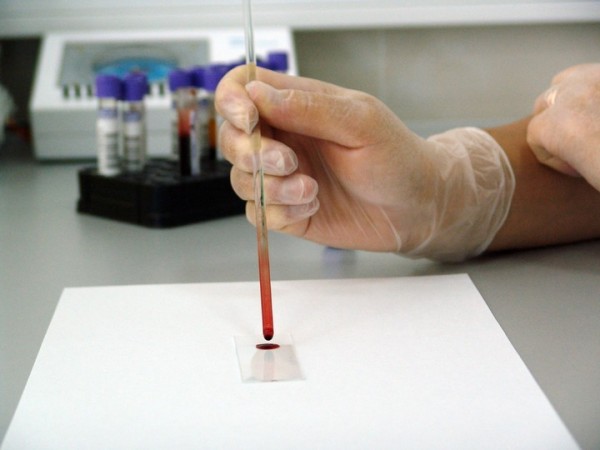Researchers Develop New Technique for COVID-19 Testing That Does Not Need Scarce Reagents
Researchers have recently developed a new testing technique for COVID-19 that does not use key reagents but still produces an accurate result. Any advance that they said may result in an inexpensive diagnosis method in developing nations where there are scarce chemical supplies.
Described in the PLOS Biology journal, this technique is said to omit the step in the commonly used "reverse transcription-polymerase chain reaction or RT-PCR test" where the limited reagents are needed. Still, it has a 92-percent accuracy, lacking only "the lowest viral loads.
According to the study authors that include those from the University of Washington in the United States, they tested the new technique through the use of more than 200 COVID-19 samples that RT-PCR tests had presented were positive, with a variety of viral loads, and 30 samples with negative results.
Researchers said the new approach was able to correctly identify 92 percent of the samples with a positive result, and "100 percent of the negative samples."
ALSO READ: Tennessee Accidentally Lists COVID-19 Testing Materials on Auction Site

Researchers said the new approach was able to correctly identify 92 percent of the samples with a positive result, and ‘100 percent of the negative samples.’
The New Approach
As indicated in the study, while the positive samples the new test failed to catch had relatively low virus levels, the researchers said, "Ultra-sensitive tests that identify individuals even the smallest loads" may no longer be needed to slow the spread of the infection.
The study's senior author, Us-based University of Vermont's Jason Botten said, what they found "was a very positive result."
He added, "One can go for a perfect test," or utilize the one that's going to pick up the vast majority of individuals and stop the spread of the virus.
Furthermore, the senior author also explained that while standard PCR tests comprise three steps, this version of the study authors developed involves only two steps.
DON'T MISS THIS: Remdesivir Priced from $2,340 to $3,120 per Patient, Way Cheaper Than Estimated, Gilead CEO Says
The 3-Step PCR Test
In step 1, he said, "You take the swab that has the nasal sample, clip the end and place it in a vial of liquid or medium." He added that any virus on the swab would then transfer from where it originally was into the medium.
Meanwhile, in step 2, the senior author continued, a "small sample of the virus-containing medium" is taken in which chemical reagents are used. These are the ones frequently in limited supply, "to extract in viral RNA."
Lastly, in step 3, said Botten, there's the use of other chemicals to substantially amplify "any disease-causing genetic material that might be there." If there's the presence of a virus, he explained further, "You'll get a positive signal."
In this new technique, according to Botten, a sample of the medium that held the nasal swab is directly taken to the third, the intensification or amplification method, eliminating the need for limited RNA extraction reagents and considerably reducing time, labor and costs needed for the extraction of viral RNA from the medium done in the second step.
Test Designed for Screening Programs
The scientists said the test they developed is ideally appropriate for screening programs in both developed and developing nations as it is not costly, taking shorter time, and dependably identifies those who are possible to transmit the disease.
The new scheme's cost and efficiency, Botten explained, could extend the capacity of testing to groups not presently being tested.
The group includes those who are asymptomatic, residing in nursing homes, essential workers, and schoolchildren.
The senior author also said, "The standard RT-PCR test could be reserved for groups," such as health care workers, where nearly 100 percent accuracy is vital.
IN CASE YOU MISSED IT: Hydroxychloroquine, With or Without Azithromycin, Not Contributing to COVID-19 Treatment, Study Finds
Check out more news and information on the COVID-19 on MD News Daily.
Oct 04, 2020 10:10 PM EDT





